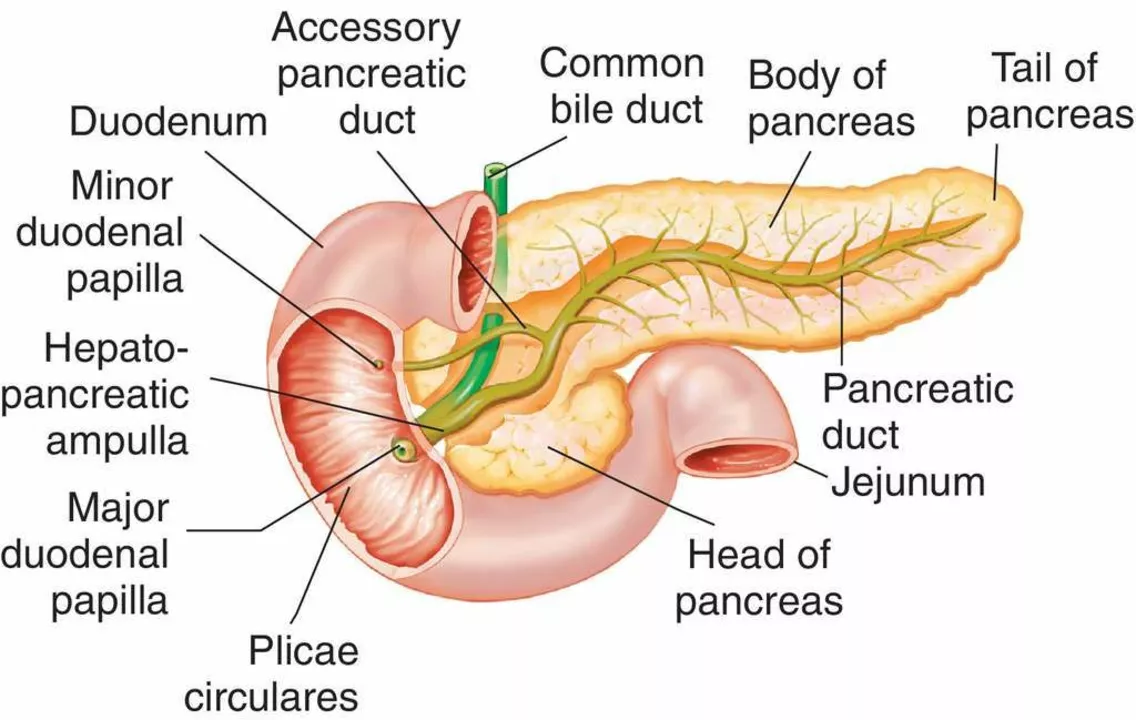Stress: What Works Now — Simple, Practical Steps
Feeling overwhelmed, wired, or wound tight? Stress shows up as racing thoughts, tight muscles, trouble sleeping, digestive upset, or a short fuse. You don't need a medical degree to do something useful right now. Small, focused actions can calm your body and clear your mind fast.
Quick stress fixes you can try now
Breathe. Try 4-4-4 breathing: inhale 4 seconds, hold 4, exhale 4. Do that for a minute and notice the shift. Move your body — a brisk 10-minute walk lowers adrenaline and clears thinking. Water and a short stretch break help if you’re stuck at a desk.
Reset routines. Aim for consistent sleep, cut late caffeine, and set one simple evening habit (30 minutes of low screens, dim lights) to wind down. If the mind races, write a short to-do list for tomorrow — getting tasks out of your head helps you relax now.
Use grounding tricks in moments of panic: name five things you see, four you can touch, three you hear. This brings attention back to your body and out of spiraling thoughts.
Treatments, supplements, and practical choices
Therapy works. Cognitive behavioral therapy (CBT) teaches tools that change how stress feels and behaves. If therapy isn’t possible in person, many telehealth services offer quick access to licensed therapists and prescriptions when needed.
Medications can be helpful short- or long-term, depending on symptoms. Doctors commonly prescribe SSRIs for ongoing anxiety and mood issues, short‑term benzodiazepines for acute panic (with caution), or beta‑blockers for performance anxiety. Always talk with a clinician before starting or stopping meds.
Supplements some people find useful include magnesium for muscle tension and sleep, omega‑3s for mood support, and adaptogens like ashwagandha for mild stress—evidence varies, so check with a pharmacist or doctor, especially if you take other meds.
Be smart online. If you need medication, use licensed telehealth or verified pharmacies. Watch for clear contact info, licensed pharmacists, and prescription requirements. Avoid sites that sell prescription meds without a prescription.
Build small habits that stack. Five minutes of morning stretching, a short walk midday, and a single evening screen-free hour add up. Social check-ins matter — a quick call with a friend or family member lowers stress hormones and reminds you you’re not alone.
When to see a doctor: if stress hurts your day-to-day life for weeks, causes trouble sleeping most nights, leads to panic attacks, or you’re having thoughts of harming yourself, reach out to a clinician now. If you have sudden chest pain, fainting, or breathlessness, get emergency care.
On this tag you'll find articles on medication guides, natural options, supplements, and safe online pharmacy tips to help you make choices that fit your life. Read what applies, try the small steps above, and talk to a health professional when things feel bigger than you can handle on your own.

The Role of Stress in the Development of Pancreatic Duct Blockage
In recent studies, I've discovered that stress plays a significant role in the development of pancreatic duct blockage. When we experience stress, our body's inflammatory response can cause inflammation in the pancreas, leading to blockage in the ducts. This blockage can result in painful and potentially life-threatening conditions such as pancreatitis. It's essential for us to manage our stress levels to maintain a healthy pancreas and overall well-being. By practicing relaxation techniques and stress reduction strategies, we can potentially reduce the risk of developing pancreatic duct blockage.
read more




